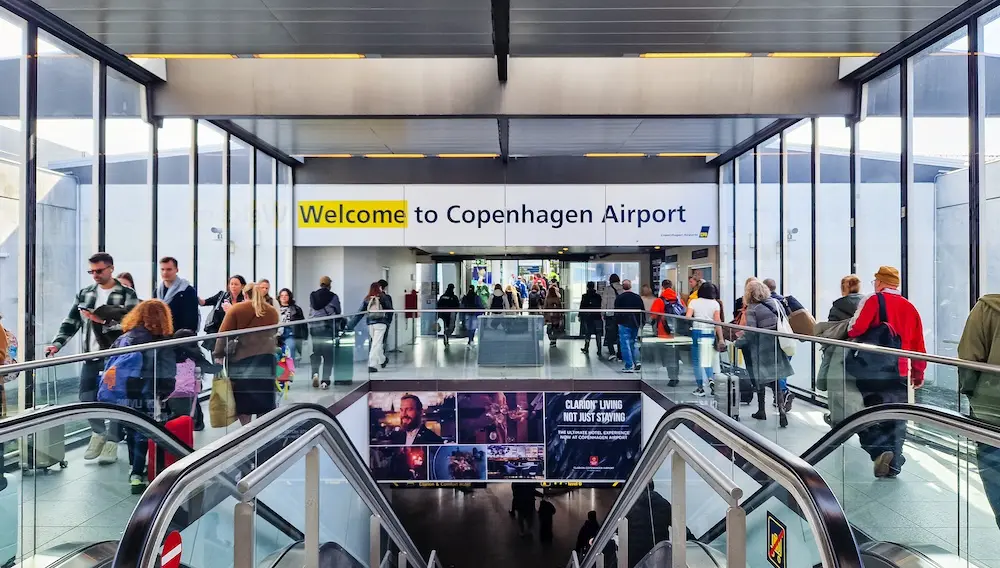Tens of thousands of passengers faced major disruption this week after drones forced closures at two of Northern Europe’s busiest airports.
On Monday night, both Copenhagen Airport in Denmark and Oslo Airport in Norway shut down airspace for several hours after unidentified drones were spotted nearby.
The closures stranded around 20,000 travellers in Denmark alone, while dozens of flights were diverted, delayed or cancelled, the BBC reported.
At Copenhagen, operations resumed just after midnight, but airport officials warned passengers to expect continuing delays and possible cancellations.
“No aircraft can take off or land at the airport, and as a result, several flights are being diverted to other airports,” the airport said in a statement. “Police are investigating the matter and we currently have to timeline for reopening.”
In Oslo, Norwegian police detected a drone near the main airport at around the same time. Airspace closed just after midnight and reopened four hours later, with flights redirected to other airports in the meantime.
Flight-tracking service Flightradar24 showed at least 35 flights had been diverted.
The incidents prompted speculation about Russian involvement, though Danish police said there was no immediate link between the two cases.
For travellers, the advice remains simple: check flight status, prepare for disruption, and expect delays.
Ransomware attack
The drone incidents come as some of Europe’s busiest airports – including London Heathrow – continue to feel the impact of a cyberattack that crippled check-in systems over the weekend and into Monday.
According to Reuters, the European Union’s cybersecurity agency said a ransomware attack caused the disruptions and warned that these attacks were becoming a bigger threat to key services and industries.
But could they occur in Australia?
Nigel Phair, Professor of Practice, Department of Software Systems and Cybersecurity, Faculty of Information Technology at Monash University, said the disruption “demonstrates the need for Australian airlines to redouble their cyber security controls, especially after the recent Qantas data breach”.
“It is also important for Australian airports to practice their business continuity efforts and rehearse manual work arounds should such an issue happen to them,” he remarked.
“The flight delays arising from the outage at Heathrow and other European airports for the electronic check-in and baggage drop show how technically interconnected flying is.
“It highlights the importance of third-party systems connecting airlines, airports and the IT integrators that keep operations running.”






